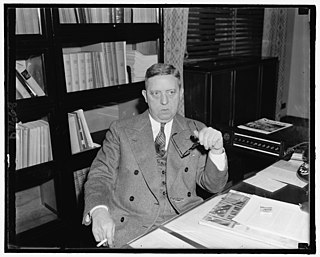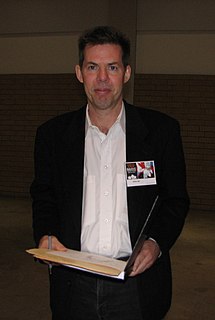A Quote by L. Ron Hubbard
An individual is as alive as he has ideas. He's as aware as he has ideas.
Quote Topics
Related Quotes
If you hear a good idea, capture it; write it down. Don't trust your memory. Then on a cold wintry evening, go back through your journal, the ideas that changed your life, the ideas that saved your marriage, the ideas that bailed you out of bankruptcy, the ideas that helped you become successful, the ideas that made you millions. What a good review-going back over the collection of ideas that you gathered over the years. So be a collector of good ideas for your business, for your relationships, for your future.
The acts of the mind, wherein it exerts its power over simple ideas, are chiefly these three: 1. Combining several simple ideas into one compound one, and thus all complex ideas are made. 2. The second is bringing two ideas, whether simple or complex, together, and setting them by one another so as to take a view of them at once, without uniting them into one, by which it gets all its ideas of relations. 3. The third is separating them from all other ideas that accompany them in their real existence: this is called abstraction, and thus all its general ideas are made.



































